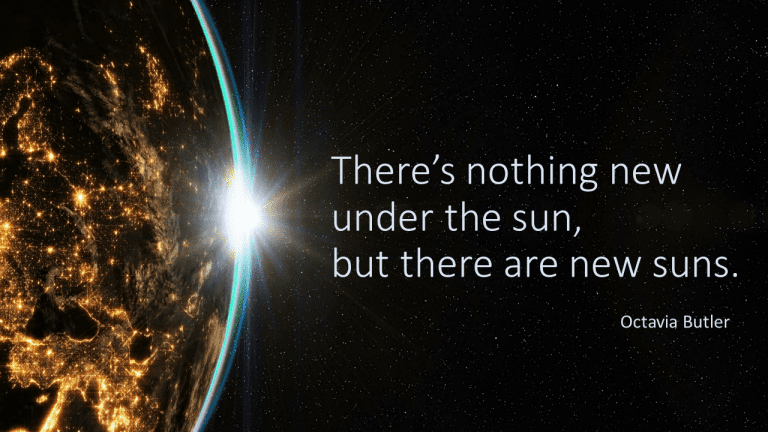As I’ve been thinking about the topics we talked about when I visited Chicago recently, one that my mind keeps returning to is the question of whether one could ever write a “systematic” theology for a particular world, whether another planet or Earth as depicted in particular fiction. In some cases both would be possible: One could ask about theology on Krypton in the Superman universe, but also about a theology suited to Earth in a universe in which Krypton exists and individuals from there end up on Earth, in one instance staying for a significant length of time.
As I am considering what form a book about Theology and Doctor Who might take, perhaps a part of it should be the question not only what theology is actually articulated on and through the show, but what kind of theology would best fit the universe as the show envisages it to be. A whole book on Time Lord Theology might be interesting, but at this stage I’m just thinking about a book chapter – what kind of theology is implicit in, or compatible with, the overall narrative of Doctor Who.
Lest anyone think that such an undertaking would not be possible or of interest, I will direct your attention to the recent article about the scientific characteristics of Gallifrey. See too the lengthy discussion of considerations that went into the Doctor’s clothing – reflecting on symbolism of what we wear is not limited to high church traditions that use stoles!
Of course, creating a theology for a fictional franchise that is itself full of contradictions and continuity errors is challenging – although arguably no more so than crafting one in relation to the complexities of life or the diversities of a scriptural text. I actually had the idea during one conversation during my visit to Chicago to assign students the challenge of writing a text that doesn’t contradict anything in the Bible. If nothing else, the exercise could make them aware that they haven’t mastered the entirety of the Bible either in breadth or in depth of detail. There are things lurking in Leviticus and Jude they probably won’t have on their radar. Maintaining continuity in a canon is challenging if not impossible.
Since I mentioned “systematic” theology, and used scare quotes, I probably need to explain why: when I was in Chicago, we discussed whether the notion of a theology being “systematic” is itself unhelpful. And so that made it seem all the more poignant when Samantha Field wrote, “Systematic theologies tend to generalize the specific, make universal the contextual, and strip the humanity from our sacred narratives.”
Of related interest, see Stephen Cook’s post about how C. S. Lewis’ Out of the Silent Planet came up in his class on the prophets. See too the article by Yairah Amit about how the utopian vision of Genesis is narrated to address a dystopian reality.
Finally, I thought that a quote that I came across from Octavia Butler deserved to be turned into a meme and to circulate more widely, and so I made this:














